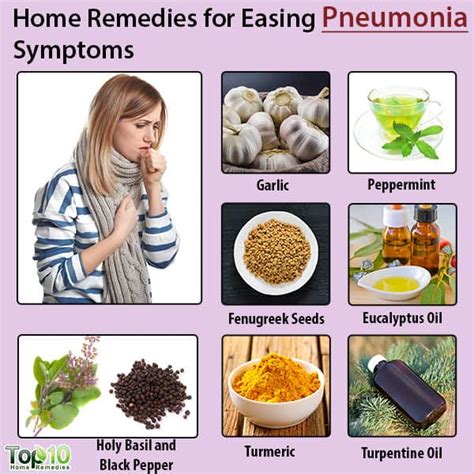How to Cure Pneumonia: A Guide to Treatment and Recovery
Pneumonia, a lung infection causing inflammation of the air sacs, can be a serious illness. While there's no single "cure" in the sense of a quick fix, effective treatments exist to eliminate the infection and help you recover fully. This guide will explore pneumonia treatment options, recovery strategies, and preventative measures. Remember, this information is for educational purposes and does not replace professional medical advice. Always consult your doctor for diagnosis and treatment.
Understanding Pneumonia and its Causes
Pneumonia is typically caused by a viral or bacterial infection, although fungi and parasites can also be responsible. The infection leads to fluid buildup in the alveoli (air sacs), hindering oxygen absorption and causing various symptoms.
Common Symptoms of Pneumonia:
- Cough: Often productive (producing mucus) and may be accompanied by chest pain.
- Fever: High fever is a common symptom.
- Chills: Feeling cold and shivering.
- Shortness of breath: Difficulty breathing or rapid breathing.
- Fatigue: Extreme tiredness and weakness.
- Chest pain: Sharp pain when breathing or coughing.
- Nausea, vomiting, or diarrhea: These symptoms can occur in some cases.
It's crucial to seek medical attention if you experience these symptoms, especially if you're in a high-risk group (elderly, infants, people with weakened immune systems).
Treatment Options for Pneumonia
Treatment depends heavily on the underlying cause of pneumonia (viral, bacterial, or other).
Bacterial Pneumonia Treatment:
Bacterial pneumonia typically requires antibiotic treatment. Your doctor will prescribe the appropriate antibiotic based on the specific bacteria identified. It's vital to complete the entire course of antibiotics, even if you start feeling better, to prevent the infection from returning or becoming resistant.
Viral Pneumonia Treatment:
Viral pneumonia often resolves on its own with supportive care. This may include:
- Rest: Getting plenty of rest is crucial for your body to fight off the infection.
- Hydration: Staying well-hydrated is essential to help thin mucus and ease breathing. Drink plenty of fluids like water, clear broths, and electrolyte solutions.
- Over-the-counter medications: Over-the-counter pain relievers (like acetaminophen) and cough suppressants can help manage symptoms.
Other Pneumonia Treatments:
In severe cases, hospitalization may be necessary. This could involve:
- Oxygen therapy: Supplemental oxygen to help improve breathing.
- Intravenous fluids: Fluids administered directly into the vein to address dehydration.
- Mechanical ventilation: In severe cases, a ventilator may be needed to assist breathing.
Recovery from Pneumonia: A Step-by-Step Guide
Recovery time varies depending on the severity of the infection and your overall health. Focus on these steps for a smoother recovery:
1. Rest and Relaxation:
Prioritize rest. Avoid strenuous activities and allow your body to heal.
2. Hydration:
Continue to drink plenty of fluids to help clear your lungs and prevent dehydration.
3. Healthy Diet:
Eat a nutritious diet rich in fruits, vegetables, and lean protein to support your immune system.
4. Medication Adherence:
Strictly follow your doctor's instructions regarding medication.
5. Follow-up Appointments:
Attend all scheduled follow-up appointments to monitor your progress and ensure complete recovery.
6. Gradual Return to Activity:
Gradually increase your activity levels as you feel stronger. Avoid overexertion.
Preventing Pneumonia
Preventing pneumonia involves practicing good hygiene and taking preventative measures:
- Vaccination: Pneumonia vaccines are available and highly recommended, especially for high-risk individuals.
- Handwashing: Frequent and thorough handwashing is crucial to prevent the spread of infection.
- Avoid close contact with sick people: If possible, minimize contact with individuals suffering from respiratory illnesses.
- Healthy lifestyle: Maintain a healthy lifestyle through proper nutrition, exercise, and stress management to strengthen your immune system.
Disclaimer: This information is intended for educational purposes only and should not be considered medical advice. Always consult with a qualified healthcare professional for diagnosis and treatment of any medical condition. The information provided here should not be used for self-diagnosis or self-treatment.
